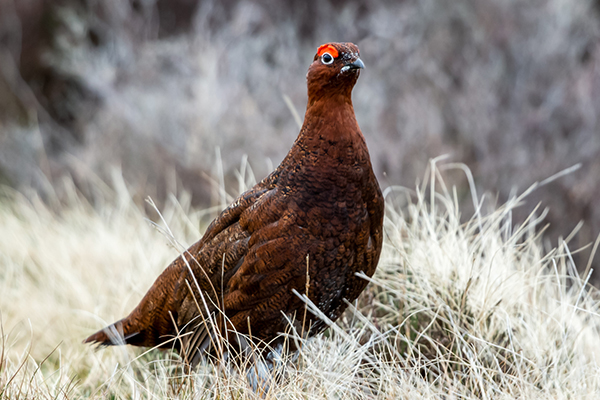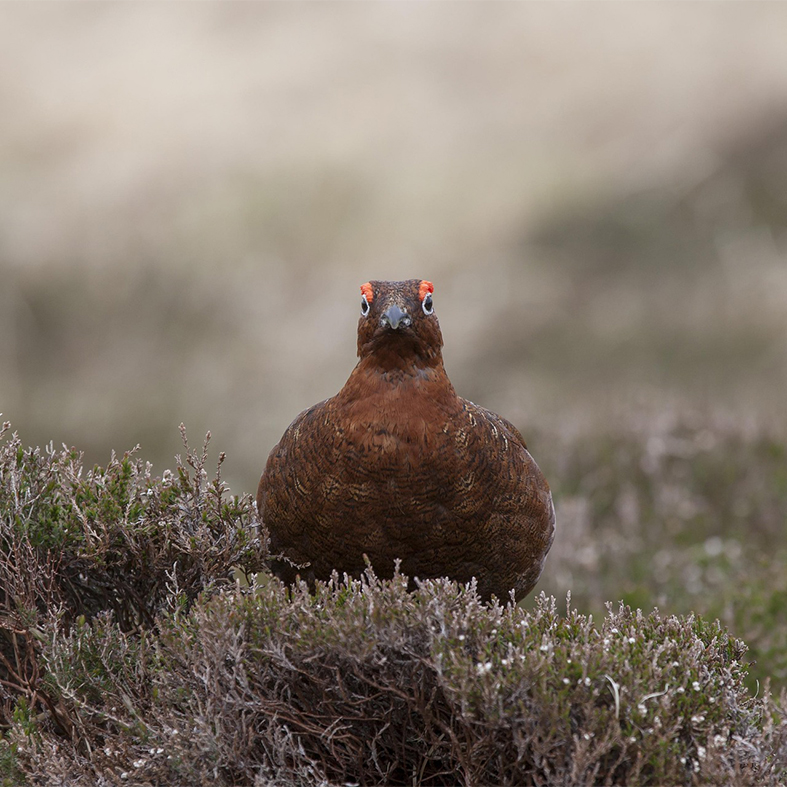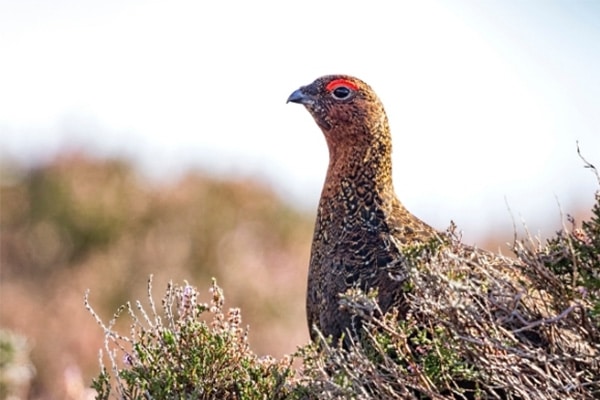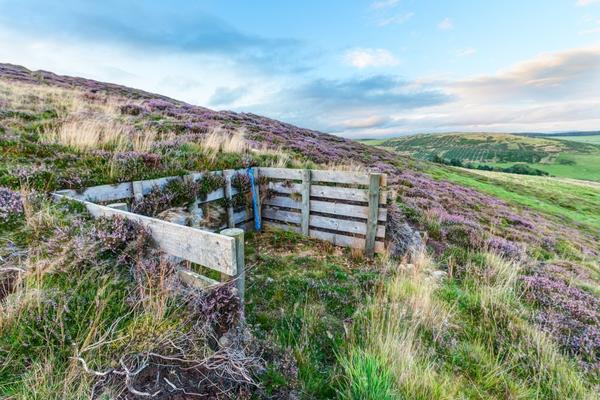
Share the benefits of grouse shooting
BASC is asking its members and supporters to promote the benefits of grouse shooting to their local MPs and push back against a Wild Justice petition.
Get information on the legal shooting season for mammals and birds in the UK.
Apply for funding for your project or make a donation today
Comprehensive information and advice from our specialist firearms team.
Everything you need to know about shotgun, rifle and airgun ammunition.
Find our up-to-date information, advice and links to government resources.
Everything you need to know on firearms law and licensing.
All the latest news and advice on general licences and how they affect you.


BASC’s head of uplands, Alex Farrell, says this year’s Glorious Twelfth marks a season of recovery, not reward, as low grouse numbers lead to cancelled or reduced shoot days. But the work on the moors continues – protecting wildlife, supporting rural communities and restoring vital habitats.
Yesterday, 12 August, marked the start of the grouse shooting season, a long-standing tradition deeply rooted in Britain’s upland heritage. But for many, this year’s Glorious Twelfth arrived without the usual bustle of beaters, dogs, and shooting parties. Following last year’s catastrophic breeding season, red grouse numbers remain low in many areas, and 2025 is shaping up to be a season of recovery rather than reward.
Grouse are an entirely wild bird that cannot be reared or released and therefore, some estates have taken the decision to cancel or dramatically scale back shooting days to protect future breeding stocks. Last Spring’s cold, wet weather, followed by dry early summer conditions and outbreaks of disease and parasites, have all taken their toll on chick survival and brood strength.
Poor insect availability led to weak broods across large areas, leaving many moors entering winter with dangerously low stock levels. Some higher ground saw reasonable hatches, but many lower-lying moors have struggled again, this time due to heather beetle damage and a lack of early insect life caused by dry conditions.
While a handful of fortunate moors may manage a modest programme, many will fall silent.
But the message from the uplands is clear: the work never stops.
Even in the absence of shoot days, gamekeepers, land managers and moor owners continue their year-round efforts to manage these iconic landscapes. From habitat restoration and predator control to tick and wildfire management, the conservation effort on grouse moors is tireless. This dedication is vital not only for red grouse but for a host of other species – including curlew, lapwing, redshank, oystercatcher and golden plover – that benefit from managed moorland.
The evidence is compelling. Research shows that up to six times more threatened wading birds are supported on managed moors. Ring ouzel, merlin, and hen harrier all gain from the predator control and habitat structure created by grouse moor management.
The benefits don’t end with wildlife. Grouse shooting underpins fragile rural economies, particularly in the off-season months when traditional tourism slows. From hospitality and dog training to dry stone walling and equipment suppliers, hundreds of local jobs depend on it. In places like Teesdale, Weardale and the North York Moors, shooting-related income supports entire communities. The estimated annual value of grouse shooting in England, Wales and Scotland is almost £100 million and it supports the equivalent of more than 2,500 jobs.
That reality was reflected in Parliament recently. A Westminster Hall debate on 30 June saw MPs from across the political spectrum stand up in support of sustainable grouse shooting. Former Prime Minister Rishi Sunak MP described calls for a ban as “a policy with no winners,” while MPs from Labour and the Liberal Democrats also praised the conservation and cultural value of the moors.
Their message was resounding: grouse shooting is not the problem – it’s a vital part of the solution.
Despite the season’s subdued outlook, BASC remains firmly committed to defending the role of sustainable shooting. We are grateful to the MPs who stood up for rural communities, to the members who made their voices heard, and to the many who work every day to protect our uplands.
So as the 2025 season begins, let it serve as a reminder. Not just of the challenges, but of the resilience, commitment, and conservation ethos that define our uplands. Grouse shooting may be limited this year, but the positive impact it has – for wildlife, communities, and the countryside at large – continues, louder than ever.


BASC is asking its members and supporters to promote the benefits of grouse shooting to their local MPs and push back against a Wild Justice petition.

Young Shots Journalist Will Ackroyd talks grouse with Edward Bromet, former chairman of the Moorland Association.

The Scottish government’s consultation on proposals to licence grouse shooting and moorland management closes on 14 December.